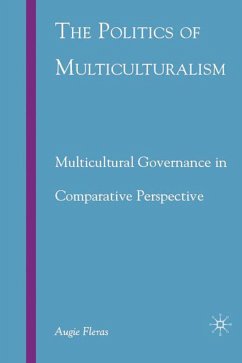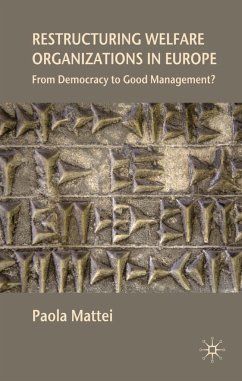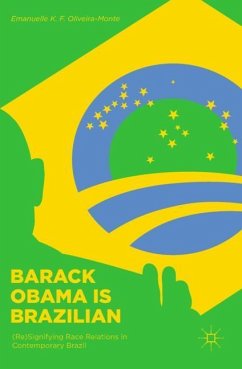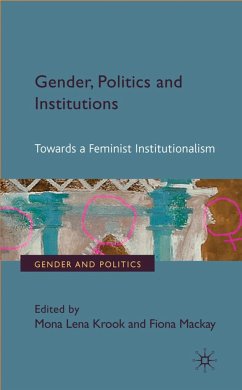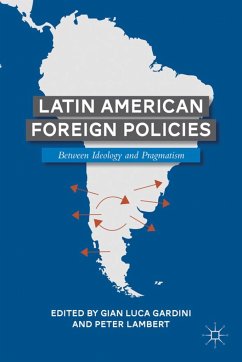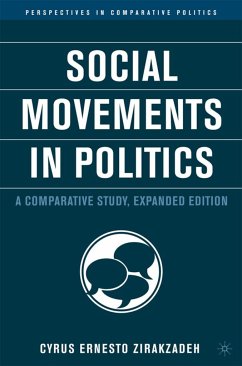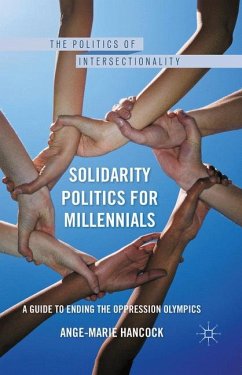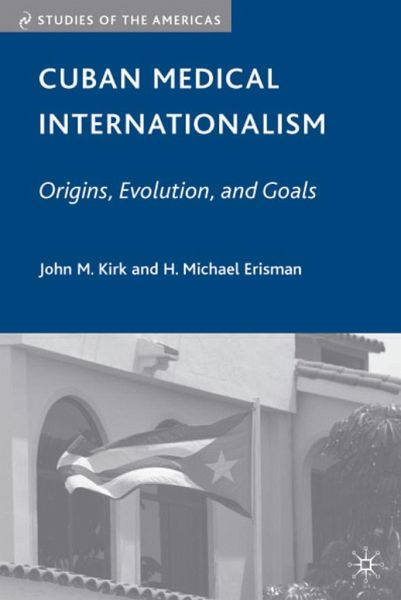
Cuban Medical Internationalism: Origins, Evolution, and Goals
Versandkostenfrei!
Versandfertig in über 4 Wochen
117,99 €
inkl. MwSt.

PAYBACK Punkte
59 °P sammeln!
While public health is important for revolutionary Cuba, providing medical services to the developing world is also a priority: 38,000 medical staff are engaged abroad; the largest medical school in the world (ELAM) has an enrollment of over 8,000 students from the Third World; and since 2004 over 1.3 million in Latin America and the Caribbean have had their eyesight restored. How has this small nation of 11.3 million people managed to save more lives in the developing world than all of the G-8 countries together? And what are its motives? This book, the result of four years of research in Cub...
While public health is important for revolutionary Cuba, providing medical services to the developing world is also a priority: 38,000 medical staff are engaged abroad; the largest medical school in the world (ELAM) has an enrollment of over 8,000 students from the Third World; and since 2004 over 1.3 million in Latin America and the Caribbean have had their eyesight restored. How has this small nation of 11.3 million people managed to save more lives in the developing world than all of the G-8 countries together? And what are its motives? This book, the result of four years of research in Cuba, provides an updated analysis of this extraordinary record.



